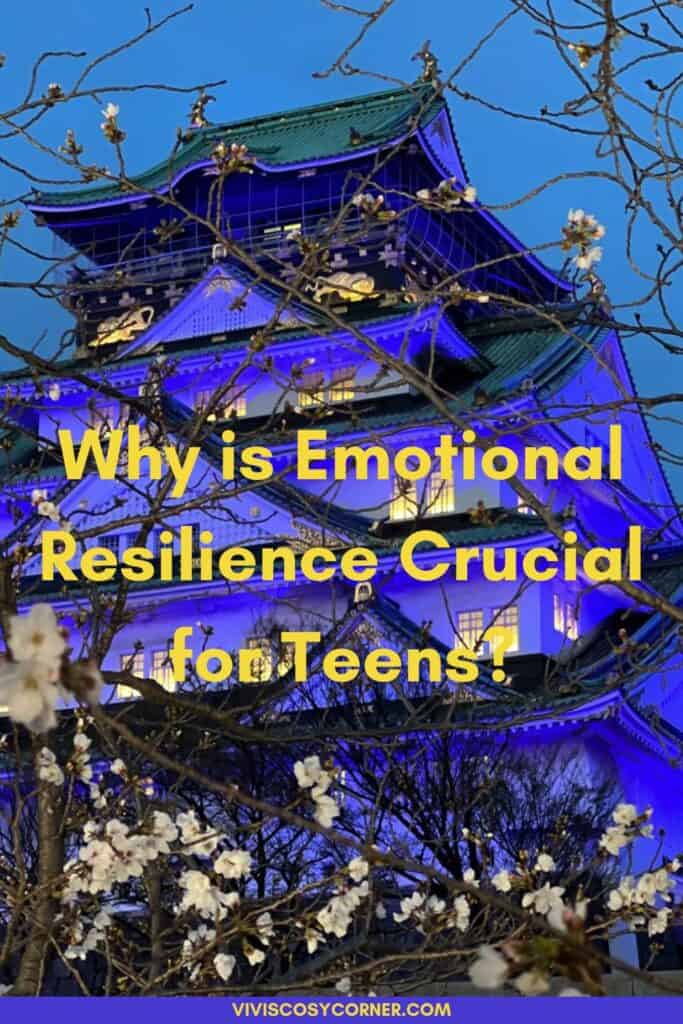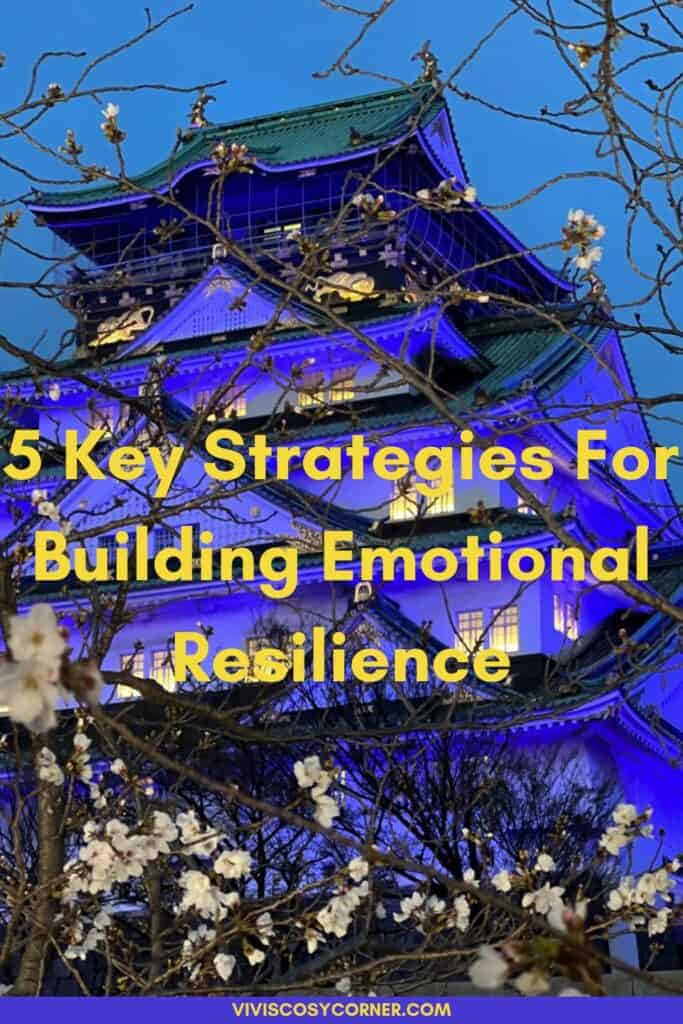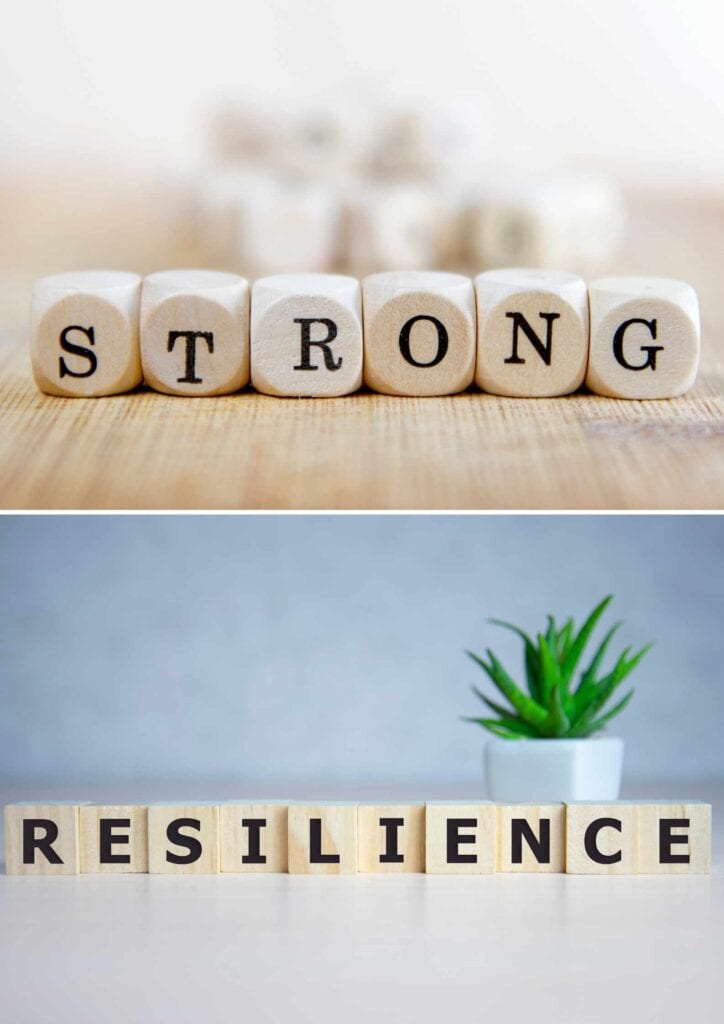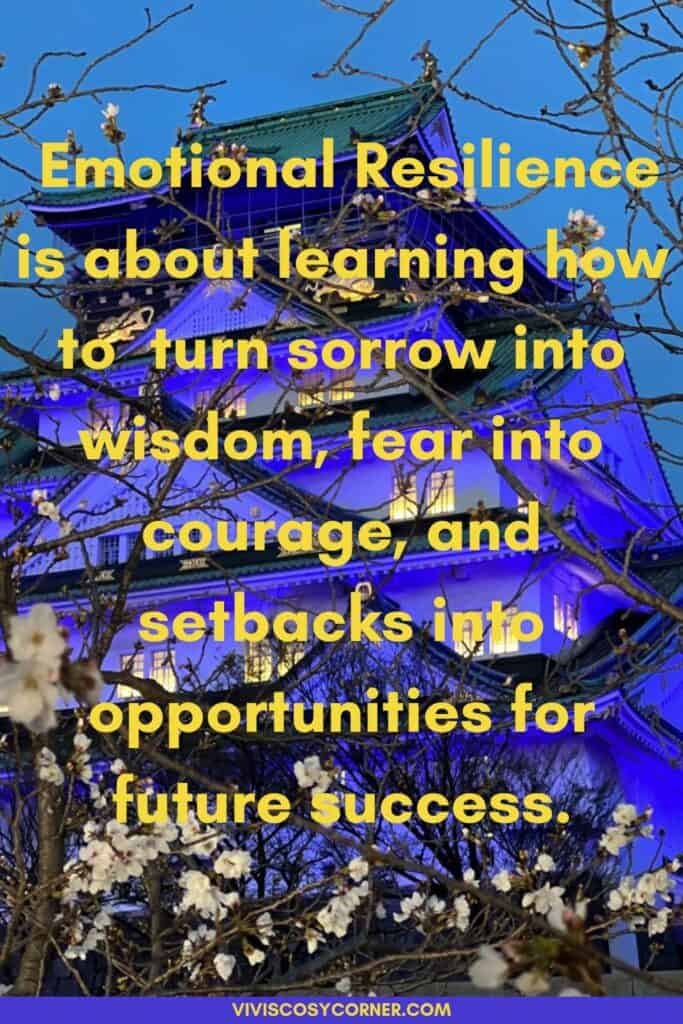
Resilience is not something we are born with; it is something we learn, typically via adversity in our formative years. Childhood and adolescence are critical phases in our lives when we start to experience complex emotions including anger, fear, grief, frustration, and confusion.
Over the last three weeks, students have received their A-level and GCSE results, with many meeting or exceeding their targets and others falling short. For others, this could be their first experience with disappointment and frustration. How are we as parents, educators, and guardians assisting them in navigating this difficult time?
These feelings, while difficult, are important lessons that can help them develop the resilience required to face life’s problems. When properly utilized, these experiences will ultimately benefit them in the future.

The Importance of Acknowledging Difficult Emotions
Many of us were taught as children to “be strong” or “toughen up” when confronted with negative emotions. While well-intended, these messages may unintentionally encourage us to conceal our emotions rather than comprehend and handle them. Resilience, conversely, does not result from suppressing emotions; rather, it stems from learning how to accept, express, and regulate them successfully.
When children and teenagers are taught to notice and express their emotions, they learn that it is acceptable to be sad, angry, or terrified. This awareness is the first step towards emotional resilience. It teaches students that emotions are not to be feared or avoided, but rather natural reactions to the problems they face.
The Parent's Playbook:
How to Navigate Extracurricular Activities for Success
Sign up now and get PDF.

5 Key Strategies For Building Emotional Resilience
Encouraging Emotional Expression
One of the most effective methods to help children and adolescents develop resilience is to encourage them to communicate their emotions. Through talking, writing, drawing, or other creative avenues, expressing feelings helps young people understand their experiences. It allows people to make sense of their emotions and relieves the internal strain that can build up when sentiments are suppressed.
Modelling Healthy Emotional Responses
Children and teenagers frequently learn how to manage their emotions by observing the adults around them. Adults can teach young people essential coping methods by modeling good emotional reactions, such as talking through concerns, taking deep breaths to relax, and getting help when necessary. It’s crucial to demonstrate that it’s okay to be frustrated or overwhelmed.
Teaching Problem Solving Skills
Resilience is intimately related to problem-solving abilities. When children and teenagers confront emotional difficulties, supporting them through the process of identifying the problem, brainstorming potential solutions, and assessing the results gives them confidence in their ability to deal with challenging situations. This problem-solving method can help people feel less helpless and more empowered to control their emotional well-being.
Creating a Supportive Environment
Having a strong support system is essential for developing resilience. Children and adolescents who feel supported by family, friends, and teachers are more likely to develop the confidence and security required to deal with emotional difficulties. Open communication, active listening, and empathy can all help young people feel understood and less alone in their challenges.
Emphasizing Self-Compassion
It is critical to teach children and teenagers to be kind to themselves, especially when they are experiencing tough emotions. Self-compassion is acknowledging that it is acceptable to struggle and that everyone goes through difficult moments. By practicing self-compassion, young people can avoid the self-criticism that typically comes with emotional difficulties and instead focus on nourishing their well-being.

Related Posts:
- Unlock Your Teen’s Success: The Power of Belief in Their Potential
- Skills-Based Upbringing for Children: Shaping the Future Workforce
- How Can You Overcome Self-Doubt and Build Confidence?
- Beyond the Obvious: Resilience in Nature and Dance
Long-Term Benefits of Emotional Resilience
Learning to deal with challenging emotions in childhood and adolescence provides long-term benefits. Emotionally resilient individuals are better prepared to deal with the stresses of adulthood, including personal relationships and work challenges. They are more likely to have healthy coping mechanisms, keep a happy attitude, and recover from setbacks more easily.
Furthermore, emotional resilience promotes general mental health and well-being. It helps to prevent anxiety and depression by offering the tools needed to manage stress and emotional suffering properly. Children and adolescents who build resilience early in life can carry these qualities into maturity, resulting in a more balanced and meaningful life.

Transforming Challenges into Opportunities for Growth
Every uncomfortable emotion provides an opportunity for progress. While it may be difficult to see at the time, these emotional events provide vital lessons that define who we become. By supporting children and teenagers through their emotional problems, we help them develop a toolkit for life that includes self-compassion, empathy, strength, and resilience.
It’s important to remember that resilience does not imply never being wounded or disturbed; rather, it means understanding how to negotiate these emotions and emerge stronger. It is about turning sorrow into wisdom, fear into courage, and setbacks into opportunities for future success.

Developing Resilience for the Next Generation
As parents, educators, coaches, and mentors, we play a critical role in developing the next generation’s resilience. We provide children and adolescents with the resilience they require by offering situations in which they feel comfortable expressing their feelings, modeling healthy emotional reactions, and giving them the tools they need to cope with obstacles.
Resilience is more than just overcoming adversity; it is about growing through it. Children and teenagers who learn to cope with challenging emotions early in life can grow into strong, sympathetic, and resilient adults who are prepared to tackle whatever life throws at them.
The lessons kids learn today will lay the groundwork for their future well-being and success, making resilience one of the most valuable gifts we can give to the next generation.
Empower the young people in your life by helping them build resilience today. Start conversations, offer support, and guide them through their toughest emotions.
Together, we can equip the next generation with the tools they need to navigate life’s challenges with strength and confidence.
Take action now, your guidance can make all the difference. Let me know how you get on in the comments box below.
Thank you for being a VCC reader.

